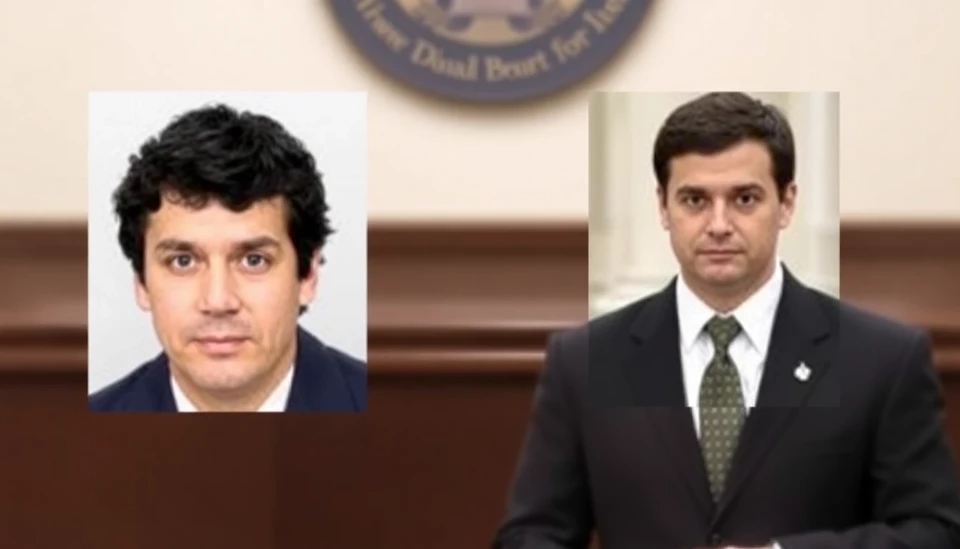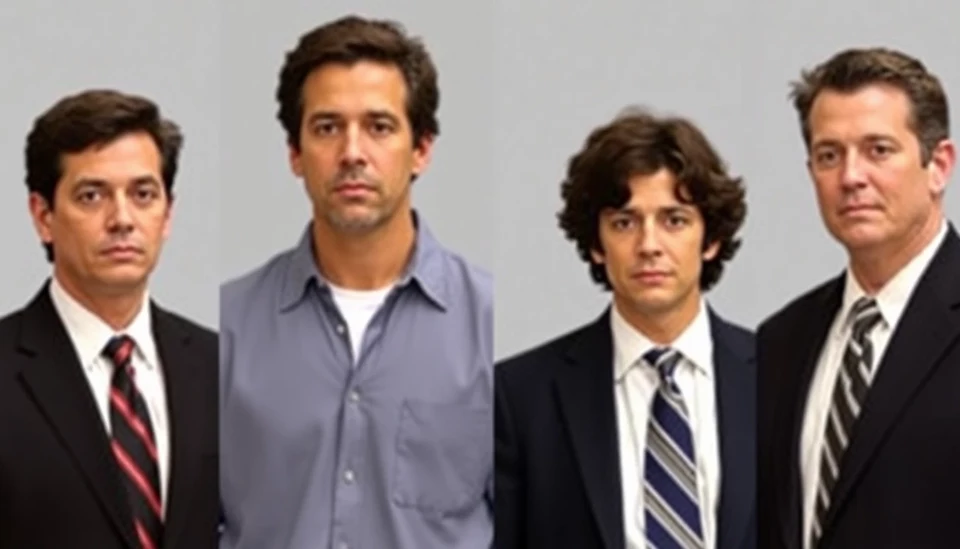
In a significant development in the long-standing legal saga surrounding the Menendez brothers, the prosecutor who initially handled the case is now endorsing a reconsideration of their sentences for the notorious 1989 murders of their parents. This unexpected turn of events has reignited discussions about the high-profile case that has captivated public interest for decades.
The announcement comes amidst a renewed focus on the legal proceedings involving Lyle and Erik Menendez, who were convicted in 1996 of killing their affluent parents, Jose and Mary Menendez, in their California home. The brothers have maintained that they committed the murders out of fear for their lives, citing a history of abuse at the hands of their parents. Over the years, the case has drawn widespread media attention and has raised questions about the fairness of their trials and the adequacy of their legal representation.
Prosecutor Pamela Bozanich, who was part of the trial team over two decades ago, has stated that she believes the brothers deserve a second chance. In her recent remarks, Bozanich acknowledged that both Lyle and Erik have matured during their time in prison and have shown a significant understanding of the consequences of their actions. This view aligns with growing sentiments among some segments of the public and legal community advocating for the reexamination of their sentences based on the brothers' character development and rehabilitative progress.
The Menendez brothers have continuously garnered support from different advocacy groups and individuals who argue that their original sentences—life without the possibility of parole—are unduly harsh given the circumstances surrounding their upbringing and the psychological trauma they endured. The brothers have served more than 27 years in prison, and their advocates argue that they should be granted parole hearings to consider their current state and potential for rehabilitation.
Legal experts are now weighing the implications of Bozanich's support for resentencing. Some believe that it could pave the way for a full re-evaluation of their cases, leading to a potential reduction in their sentences. Others, however, caution that the complexity of the legal system and public sentiment may pose significant challenges to any efforts aimed at obtaining a favorable outcome for the brothers.
The conversation around this case reflects broader themes in the American justice system, particularly the concepts of redemption and the impact of childhood trauma on criminal behavior. It also raises important questions about the criminal justice system's approach to cases involving defendants from troubled backgrounds and the effectiveness of rehabilitation efforts over punitive measures.
As discussions continue, the Menendez brothers await news on whether their cases will be reevaluated. While the outcome remains uncertain, the increased scrutiny and shifting attitudes toward their sentences may ultimately lead to a new chapter in their quest for justice and recognition of their suffering.
The dynamics of the Menendez case remain fluid, and developments in this area will undoubtedly be monitored closely by both supporters and critics alike. The prospect of resentencing could serve as a litmus test for the broader societal attitudes toward crime, punishment, and the potential for change in the lives of those who have committed serious offenses.
#MenendezBrothers #JusticeSystem #Sentencing #TrueCrime #MurderCase #LegalReform #Rehabilitation #PamelaBozanich
Author: Victoria Adams
